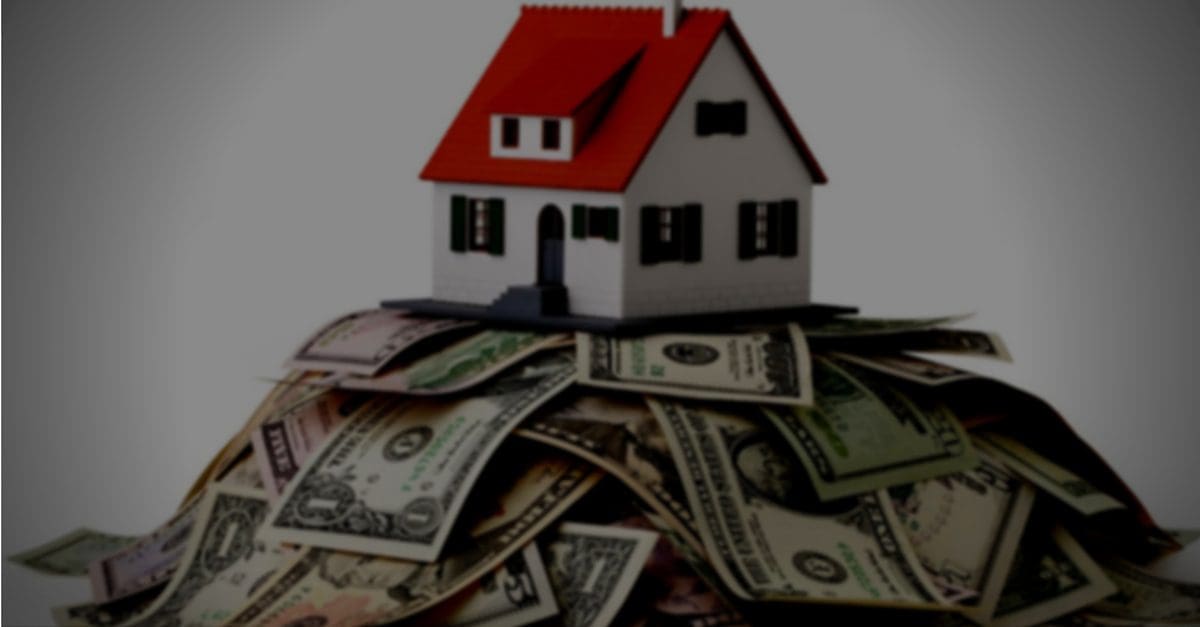Taxpayers in Denton are facing a proposal by the city government to hike the average homeowner’s city property tax bill by over 8 percent and add nearly 30 percent more in debt.
Between 2013 and 2018, data from the Denton Appraisal District shows the average homeowner’s city property tax bill grew by more than 33 percent, from $1,081 to $1,447. The Texas Comptroller’s website also shows that Denton taxpayers have seen city debt—the portion repaid with higher property taxes—skyrocket over 296 percent over the past decade to $762.9 million.
The 2018 city tax rate was $0.6205 per $100 of property valuation. The council is proposing a property tax rate for 2019 of $0.628802 per $100 property valuation, a $0.008302 cent increase. Even though this is a minor rate increase, it would increase the average city tax bill for homeowners by more than 8 percent, from $1,447 to $1,565, due to higher home values. This rate will also increase property tax revenues 8.73 percent (over $6.1 million) from last year, of which $2.4 million would come from new development.
The proposed bond the city has placed on the November ballot asks for over $221 million in new debt to be repaid by property taxpayers. Of that amount, the city claims $154 million would be used on various road construction and improvement; $61 million for facilities improvements, renovations, or expansions for the police department; $5 million for land purchases for the parks department; and $619,000 for “public art” throughout the city.
The Texas Comptroller also reports that as of Aug. 31, 2017, compared to cities of similar size, the city of Denton has the highest outstanding tax-supported debt per capita at $5,598. The next highest in the comptroller’s sample was Pearland at $2,685 per capita, with a population of over 119,000.

According to the proposed 2019-2020 budget, total spending of the city would be over $1.2 billion, an increase of over $364 million from just two years ago.
The proposed property tax rate is higher than the “effective” tax rate, also called the “no-new-revenue” rate, the rate at which roughly the same revenue would be collected from property taxed in both the current and previous tax year. Regardless of the tax rate adopted in any given year, a taxing entity would still collect new tax revenue from growth and economic development.
Taxpayers have the opportunity to speak publicly to council on the proposed tax increase at public hearings on August 20 and September 10. City council will vote on the budget on September 17.
Early voting on the bond election will be from October 21 – November 1, and Election Day is November 5.





